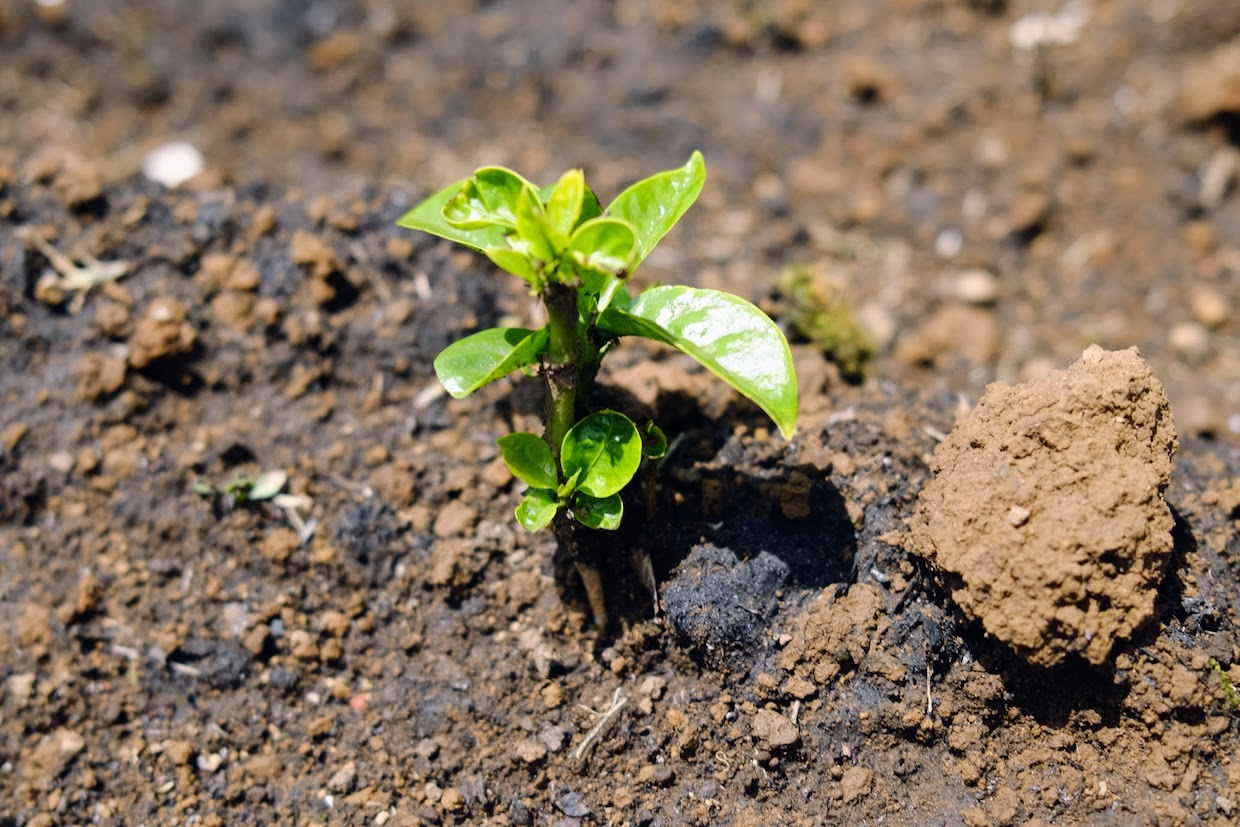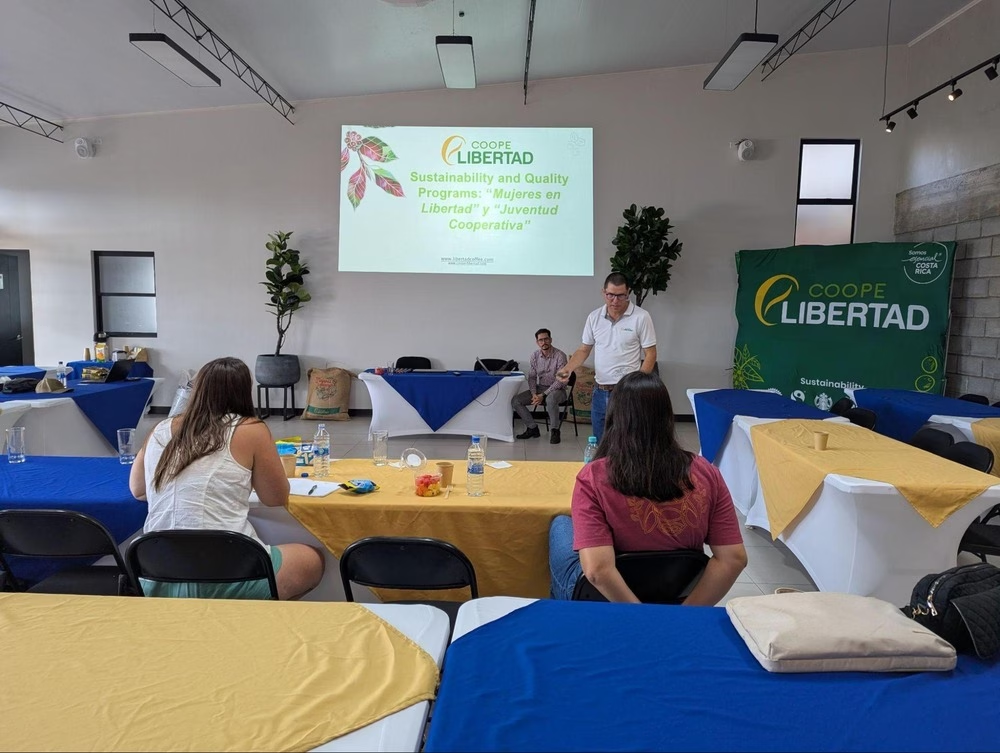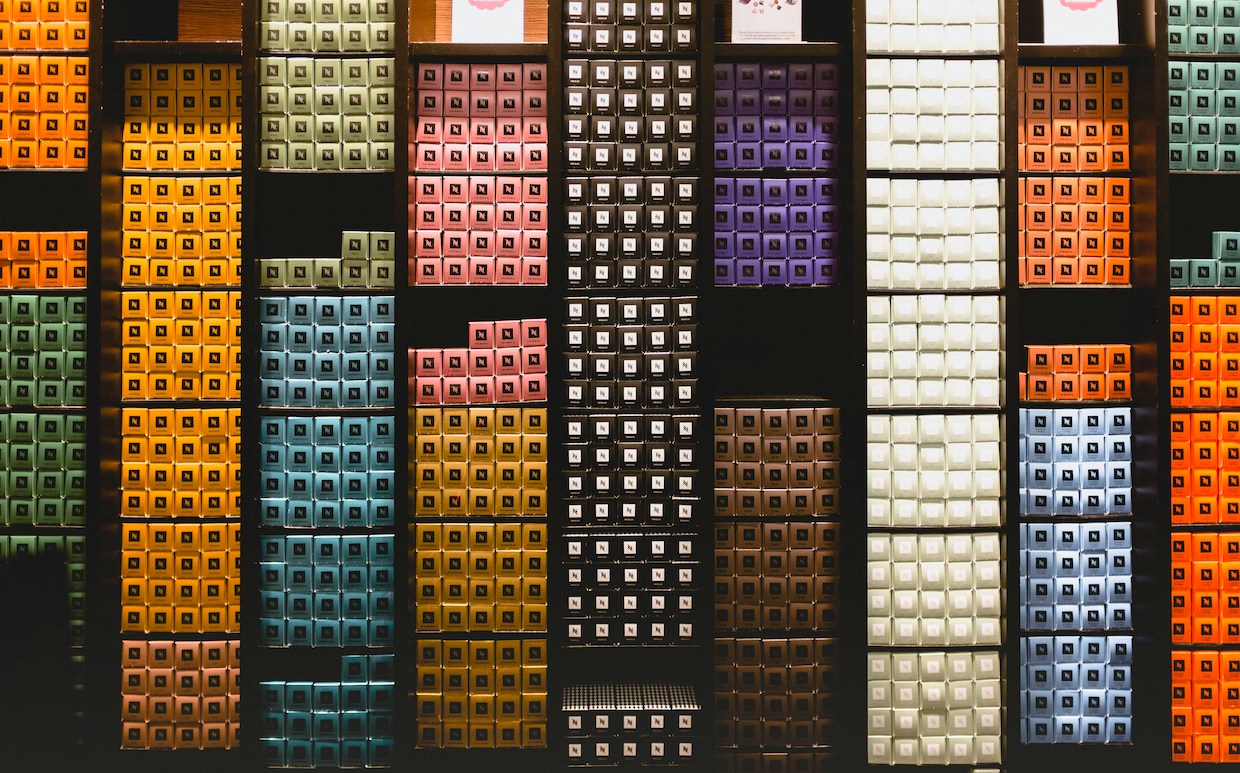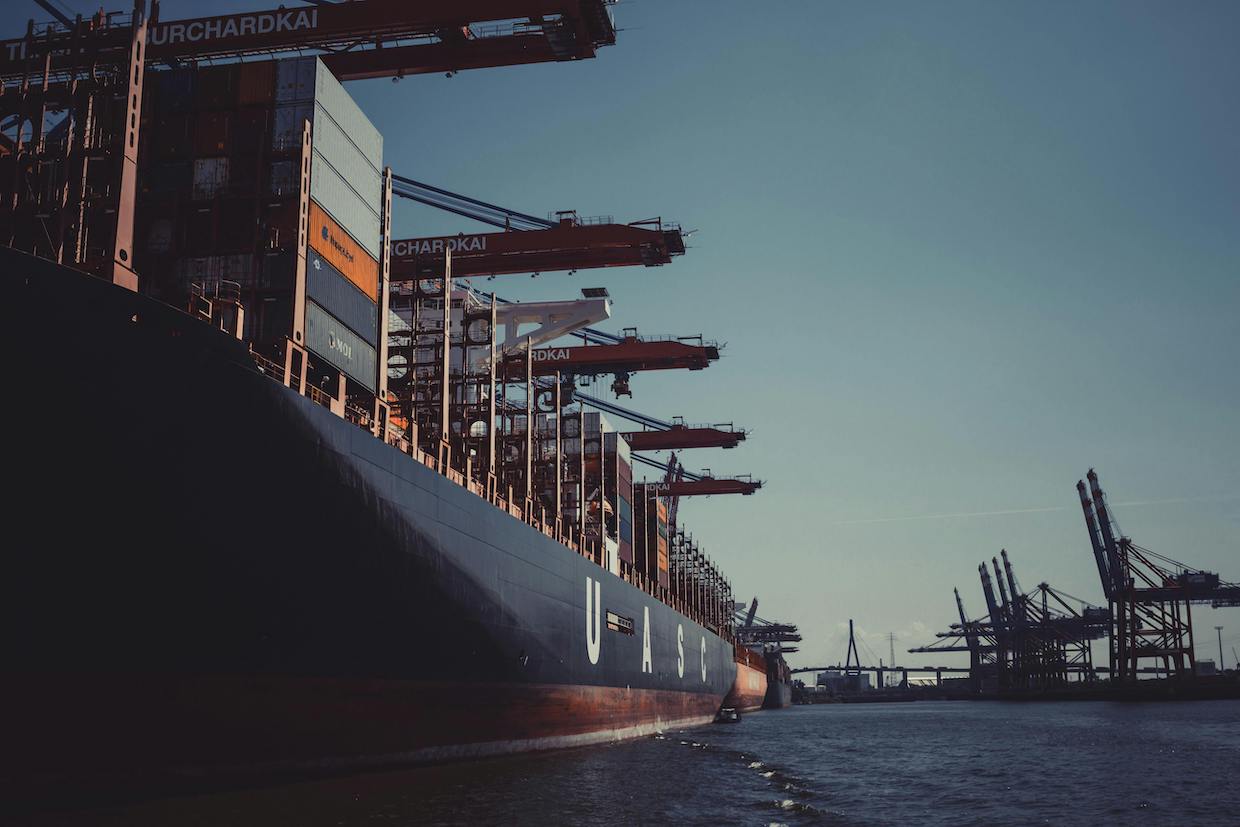- Once relegated to hotels and service stations, super-automatic coffee machines have become increasingly advanced in recent years, allowing for precise control over extraction variables.
- Sophisticated automated solutions are also influencing specialty coffee, with an increasing presence in competitions and hospitality venues.
- A growing number of Barista Champions are advocating for super-automation, becoming brand ambassadors for leading manufacturers and showcasing the potential of these machines.
- Opinions remain divided, but as specialty coffee increasingly embraces automation, super-automatic machines could bridge the gap between convenience and quality for some coffee businesses.
The coffee industry has undergone a remarkable transformation over the past decade, with technological advances redefining coffee preparation and, consequently, overall beverage quality.
Traditional espresso-making, still considered by many as an art form requiring years of training and precise manual control, is now being increasingly influenced by sophisticated automation.
At the forefront of this shift are super-automatic coffee machines – devices that challenge traditional perceptions about what constitutes an authentic specialty coffee experience.
As consumer expectations evolve and operational demands intensify, super-automatic machines are emerging as a solution that addresses both the artistic aspirations of specialty coffee and the practical realities of modern hospitality.
Some still have their reservations about their increasing influence on specialty coffee culture, while others are choosing to embrace it as a welcome evolution.
I spoke to Sanela Kujovic at Thermoplan to learn more.
You may also like our article on how super-automatics could reshape coffee competitions.


Super-automatics in the coffee industry
Specialty coffee was founded on the principles of artisanry, craftsmanship, and quality. These defining characteristics persist today, driven by small-batch roasting, manual pour over brewing, and barista-made drinks.
Super-automatic machines, however, have been a significant disruptor to these foundations. They fundamentally alter the coffee-making process by removing the human element that has traditionally defined quality specialty coffee preparation.
These solutions operate on a simple principle: users push a button, and the machine handles everything else. The machine grinds the beans, doses the coffee, extracts the espresso, and serves the finished drink. Advanced models take it a step further, automatically dosing, steaming, and pouring milk to create complete beverages with no manual intervention.
Convenience has made super-automatic machines incredibly popular in high-volume, quick-service environments. They have become ubiquitous in convenience stores, service stations, hotel lobbies, corporate offices, and airports, where speed and consistency typically take precedence over artisanal craft. The consumer market has also adopted these machines through bean-to-cup systems, which promise café-quality coffee at home.
However, despite their widespread adoption in commercial and domestic settings, super-automatic machines have historically struggled to gain acceptance in specialty coffee. In an industry that has long prized the skill, craftsmanship, and human touch that come with manual espresso preparation, automation was considered antithetical to its artisanal values.
But this hands-on approach is slowly changing. In recent years, new technologies such as automatic tampers and milk steaming machines have been praised for reducing human error and improving workflow.
Specialty coffee embraces automation
As coffee business operators face a turbulent market – marked by volatile coffee prices, labour shortages, and rising costs – this shift seems to be accelerating. Increasingly, companies are embracing automation to streamline their operations and lower costs.
“In recent years, specialty coffee has shifted from scepticism to appreciation of super-automatic machines,” says Sanela, the Communication & PR Manager at Thermoplan, a leading manufacturer of super-automatic coffee solutions.
“Advances in grinding, temperature control, milk texturing, and programming allow them to deliver consistent, high-quality drinks. Many cafés use them to maintain standards during busy periods, address staffing challenges, and expand to new locations without sacrificing craft.”


Super-autos and increasing coffee quality
Shifting perceptions about super-automation in specialty coffee have been reinforced by successful brands, such as Blank Street, that have scaled their operations using this technology. In October 2024, the four-year-old coffee chain attributed new store openings and production innovations to a 517% increase in turnover to US$15.2 million – an achievement that likely wouldn’t have been possible without investing in super-automation.
Modern super-automatic coffee machines have undergone significant evolution over the past decade, becoming smaller, more powerful, and increasingly sophisticated.
Today’s models offer unprecedented control over extraction variables, allowing operators to fine-tune parameters such as grind size, dose, extraction time, and temperature with precision, catering to the needs of baristas and specialty café owners.
Key technological trends include enhanced brewing systems that provide greater control over extraction, advanced milk texturing capabilities that can handle both dairy and plant-based milks, and intuitive interfaces that make complex adjustments accessible to operators of all skill levels. These improvements enable super-automatic machines to produce results comparable to those of more traditional espresso machines.
Competitions have been a driving force behind these advancements in automation. The increasing presence of super-automatic machines at latte art competitions has been particularly influential in changing industry perceptions.
In early 2024, for the first time since the World Latte Art Championship (WLAC) began in 2005, the Specialty Coffee Association selected a super-automatic espresso machine – the Thermoplan Black&White4 Competizione (which includes a steam wand with AutoSteam and AirSteam functions to switch between manual and automatic milk foaming functions) – as its official qualified machine for the 2024-27 season.
“Watching baristas create competition-level latte art with super-automatics proves these machines can support, not replace, artistry,” Sanela says. “The competition was clearly beneficial, as the machines are now also regarded as a benchmark for latte art, and brand awareness has increased.”


What’s next for super-automatic coffee machines?
The trajectory for super-automatic coffee machine development points toward even greater precision and customisation capabilities. The ability to control extraction variables will continue to increase, with future machines offering baristas and operators more control over every aspect of the brewing process.
“In the coming years, super-automatic coffee machines will continue to improve in terms of quality, variety, and efficiency,” Sanela predicts. “New brewing and milk systems will make it easier to offer both dairy and plant-based drinks, as well as hot and cold beverages, without increasing the machine footprint.
“Interfaces will become simpler and more intuitive, especially for self-service settings, while design updates will help operators save valuable counter space.”
One of the most significant trends shaping the future of super-automatic machines is the increasing prominence of modular design. Modularity offers hospitality and café owners flexibility, allowing them to configure machines to meet their specific operational needs rather than adapting their business to the limitations of their equipment.
Thermoplan‘s Black&White4 series, for instance, features a modular system with clear separation of mechanical and hydraulic components.
“This structure simplifies maintenance and service, as individual modules can be quickly replaced or serviced without shutting down the entire machine,” Sanela explains.
The modular approach extends to configuration options, allowing operators to choose from features such as single or dual coffee grinders for different beans, powder modules for non-coffee drinks, flavour modules for syrups, and customisable beverages, as well as advanced connectivity solutions for remote monitoring and management.
Looking ahead, sustainability will become an increasingly important factor in the development of super-automatic machines. Energy-efficient systems and smarter cleaning routines are becoming standard features, reflecting the industry’s growing environmental consciousness.
Opportunities to redefine the coffee experience
The specialty coffee market’s openness toward super-automatic solutions continues to expand, with more businesses and consumers recognising these machines’ ability to deliver consistent, barista-level results.
As super-automatic machines become more sophisticated and capable, more coffee business operators are recognising that these solutions augment the human element of coffee, rather than strictly replacing it.
At this year’s HostMilano from 17 to 21 October 2025, Thermoplan will showcase these innovations firsthand, demonstrating its complete Black&White4 range alongside new products at booth B23/C24 in hall 8. The company will also exhibit the Mikafi roaster (which Thermoplan fully acquired in August 2025), ThermoplanConnect 2.0 telemetry, AirSteam and AutoSteam milk technology, dual-milk options, modular mechanics to reduce downtime and support high-volume operation, and a special premiere of the company’s first tea machine, marking its expansion from coffee to tea.


The evolution of super-automatic coffee machines represents a broader transformation within specialty coffee, one that embraces technology as a tool for enhancing rather than replacing human skill.
As these machines continue to evolve, they help make high-quality coffee more accessible, while also opening up new possibilities for creativity and innovation within the specialty coffee industry.
Enjoyed this? Then read our article on how super-automatics will change latte art competitions.
Photo credits: Thermoplan
Perfect Daily Grind
Please note: Thermoplan is a sponsor of Perfect Daily Grind.
Want to read more articles like this? Sign up for our newsletter!











